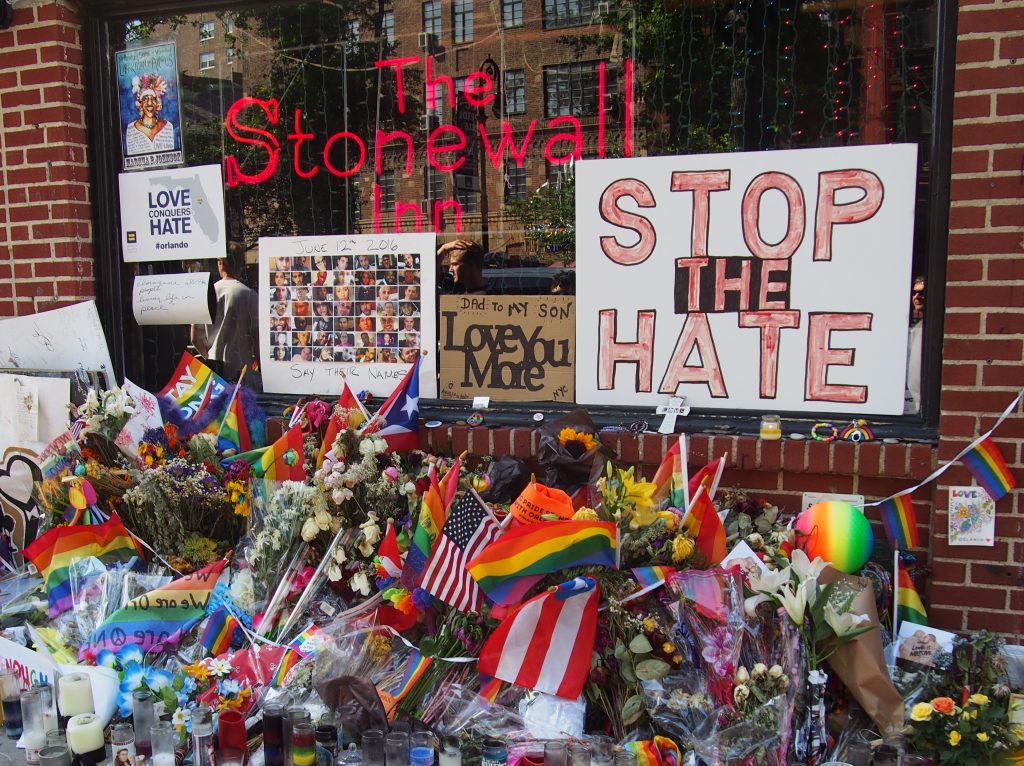
Marsha P. Johnson, an African American drag artist, was an individual that earned great respect due to their activism in the 1960s and 70s, in a fight for rights and equality for the LGBTQ+ community.
Johnson first came to prominence in 1969 after the occurrence of the Stonewall raid, when the New York Police Department (NYPD) raided a gay bar in New York with the name ‘The Stonewall Inn’. Over 200 people were forced out into the streets and treated with excessive violence, and Johnson was amongst those who stood up to the police during this raid. This courage in the midst of an extremely terrifying event sparked inspiration throughout the country; in the following days Johnson led a series of protests and riots that were supported by the great uproar of many American citizens in response to this raid and many others throughout New York. These came to be known as the Stonewall Riots of 1969.
These riots are marked by many as the beginning of the Gay Liberation Front, the protest group known for the organisation of the first open Pride marches. Indeed, only one month after the protests began, the first openly gay Pride march took place in the streets of New York. This proved to be a truly inspirational and pivotal moment in LGBTQ+ history and saw the beginning of an increased wave of support for the LGBTQ+ community.
Despite this increased support, there were still high levels of discrimination evident throughout the country. During this time in the USA, being gay was classed as having a mental illness, and many LGBTQ+ people were rejected by not only society, but by friends and family – it was a common occurrence for openly LGBTQ+ individuals to be kicked out of their homes and disowned.
To counter this, Johnson and friend Sylvia Rivera, also a well-known LGBTQ+ activist, together set up the organisation ‘Street Transvestite Act Revolutionaries’, better known as ‘STAR’, whose fundamental goal was to provide care and accommodation for targeted LGBTQ+ individuals.
Johnson was famously nicknamed the “Saint of Christopher Street”after the location of the Stonewall Inn. This was a grateful nod to the kindness and generosity Johnson had shown towards LGBTQ+ individuals in New York, despite Johnson themselves suffering with personal mental health issues at the time.
RuPaul, a well-known American drag artist and television personality, once said that Johnson was the individual who paved the way for all future drag queens, allowing them the ability to express themselves with more acceptance today than was present in 1960s America. It is figures like Johnson who give the LGBTQ+ community the hope and strength needed to continue to fight the fight against discrimination of LGBTQ+ individuals and rights, and to pave the way to a more equal and inclusive future society.
